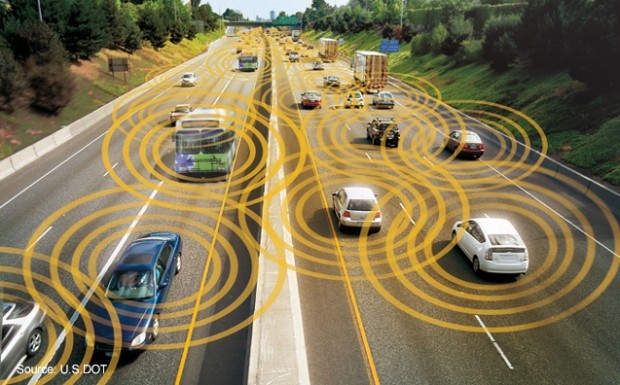California and other states would be barred from setting their own rules governing design and testing of self-driving cars, while federal regulators would be blocked from demanding pre-market approval for autonomous vehicle technology, according to a U.S. House Republican proposal reviewed by Reuters on Thursday.
The draft legislation, while far from becoming law, still represents a victory for General Motors Co, Alphabet Inc , Tesla Inc and other automakers and technology companies seeking to persuade Congress and the Trump administration to pre-empt rules under consideration in California, New York and other states that could limit deployment of self-driving vehicles.
The industry also opposed an Obama administration proposal last year that raised the possibility of giving regulators the power to review and approve self-driving car technology before it was put into service, similar to the vetting by Federal Aviation Administration of new technology for aircraft.
The 45-page draft package of 14 bills would designate the U.S. National Highway Traffic Safety Administration as the lead agency for regulating self-driving cars, pre-empting state rules.
States could still set insurance and registration rules but could not use them as a way to regulate self-driving technologies. California has proposed changes to its self-driving car rules, but automakers said in April it has not gone far enough.
One of the bills in the proposal would allow the U.S. Transportation Department to exempt up to 100,000 vehicles per year from U.S. federal motor vehicle safety rules, which currently prevent the sale of self-driving vehicles without steering wheels, pedals and other human controls.
Another would declare crash data, other testing and validation reports from automated cars turned over to U.S. regulators to be “confidential business information.”
U.S. Representative Bob Latta, who chairs a key panel overseeing automobile regulation, called the draft legislation “an important step in establishing a framework to allow innovators to safely develop and test autonomous vehicles.” He said Republicans want “to continue working with all parties in a bipartisan manner as we refine language and move towards a consensus package.”
On Tuesday, a bipartisan trio of U.S. senators said they planned to introduce legislation to remove regulatory roadblocks to the introduction of self-driving cars.
Mitch Bainwol, head of the Alliance of Automobile Manufacturers, an auto trade group, told Congress on Wednesday it should work to eliminate state or local laws that could “unduly burden or restrict the use of self-driving vehicles in the future.”





















 Chubb CEO Greenberg on Personal Insurance Affordability and Data Centers
Chubb CEO Greenberg on Personal Insurance Affordability and Data Centers  Nearly 26.2M Workers Are Expected to Miss Work on Super Bowl Monday
Nearly 26.2M Workers Are Expected to Miss Work on Super Bowl Monday  Insurance Groundhogs Warming Up to Market Changes
Insurance Groundhogs Warming Up to Market Changes  Preparing for an AI Native Future
Preparing for an AI Native Future 








